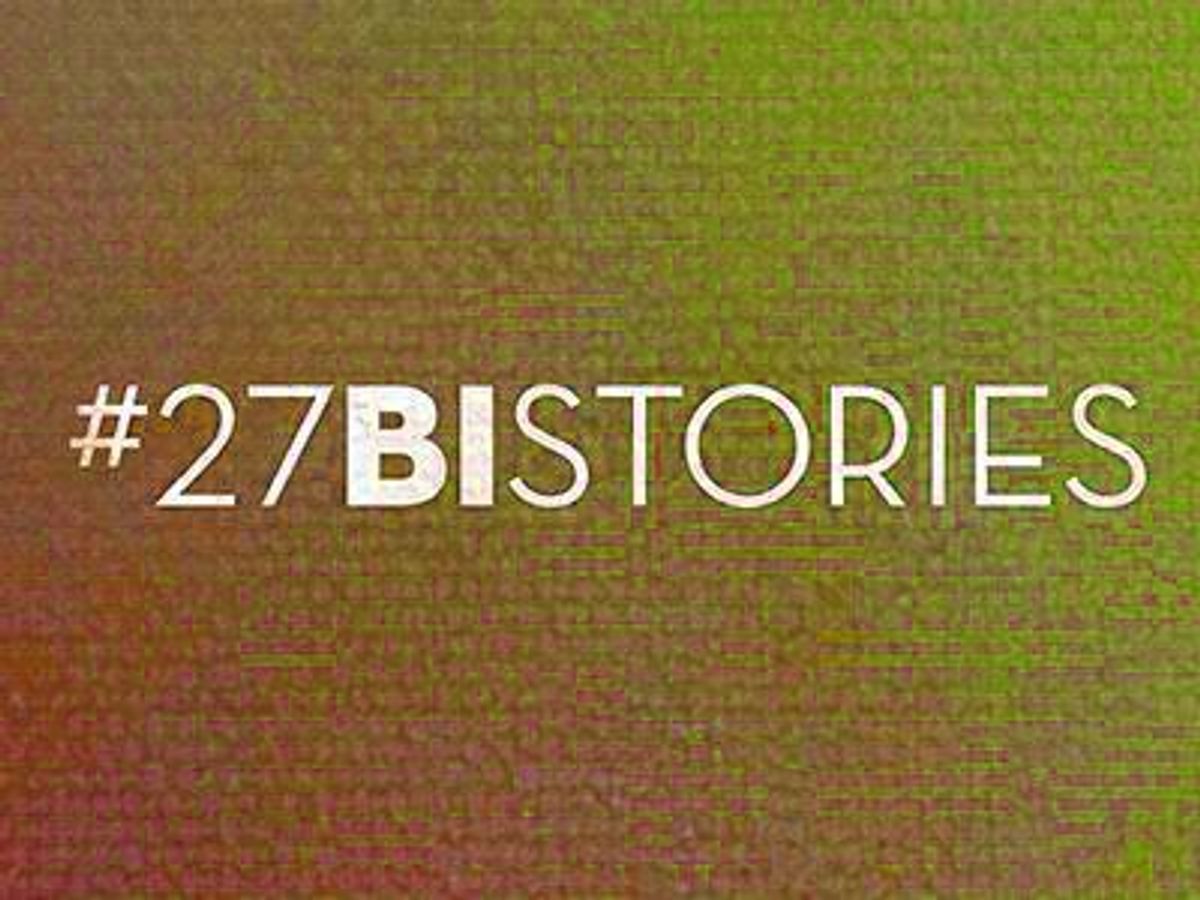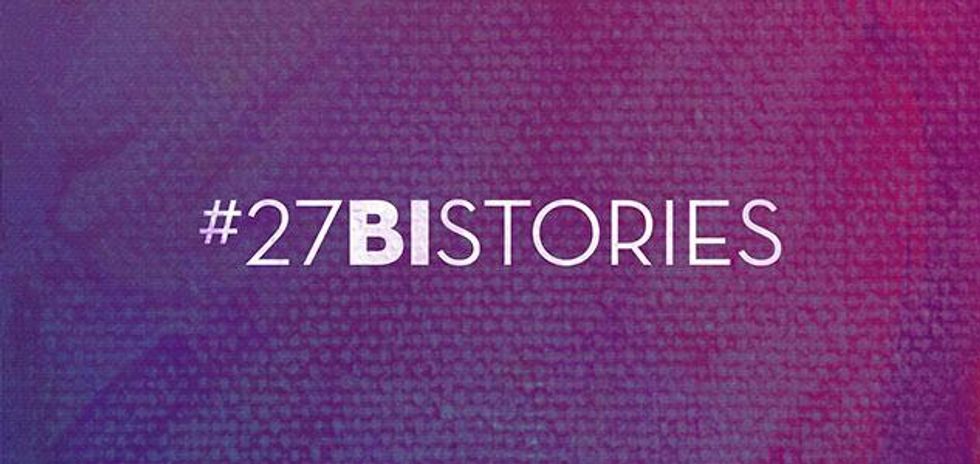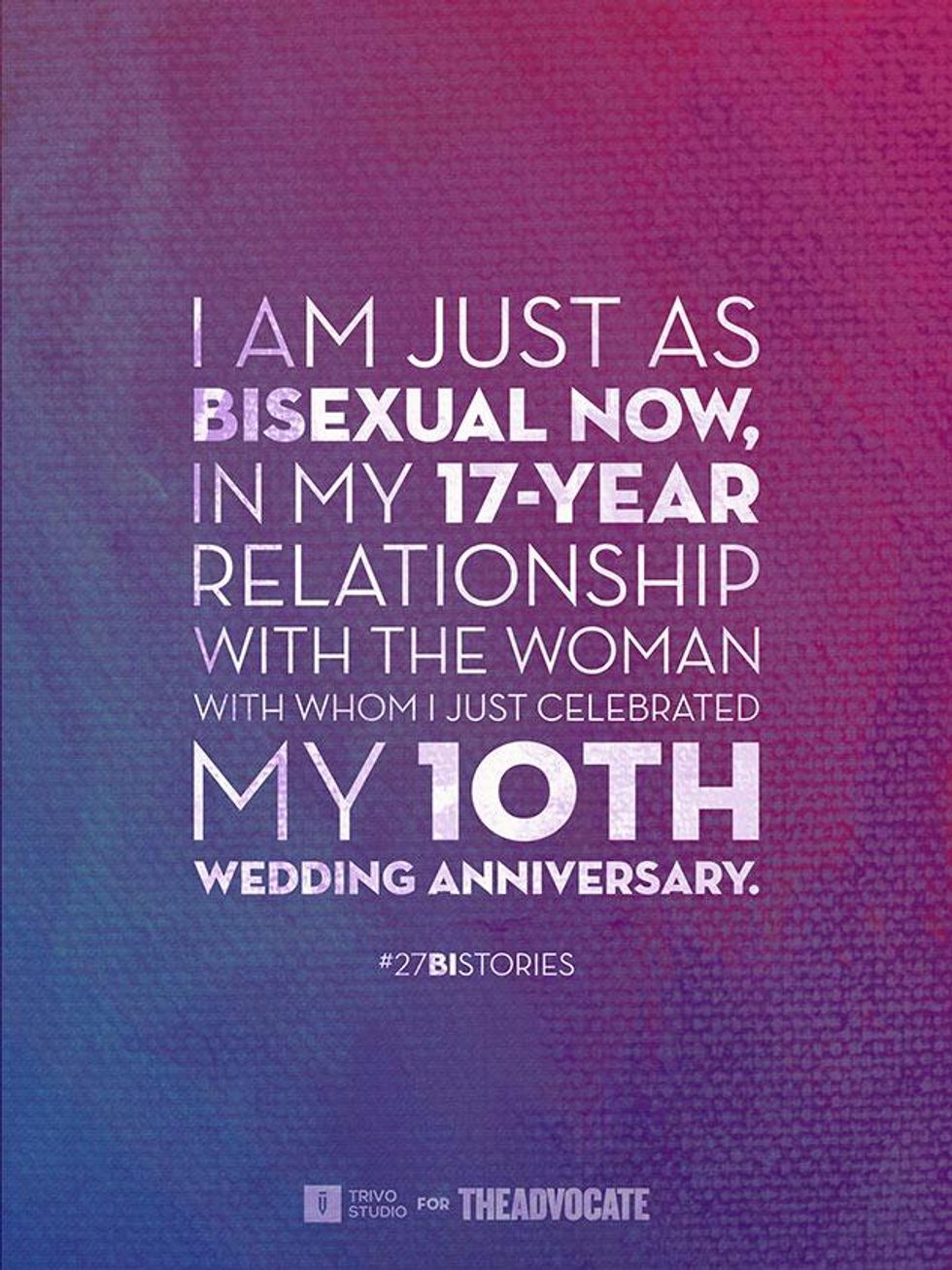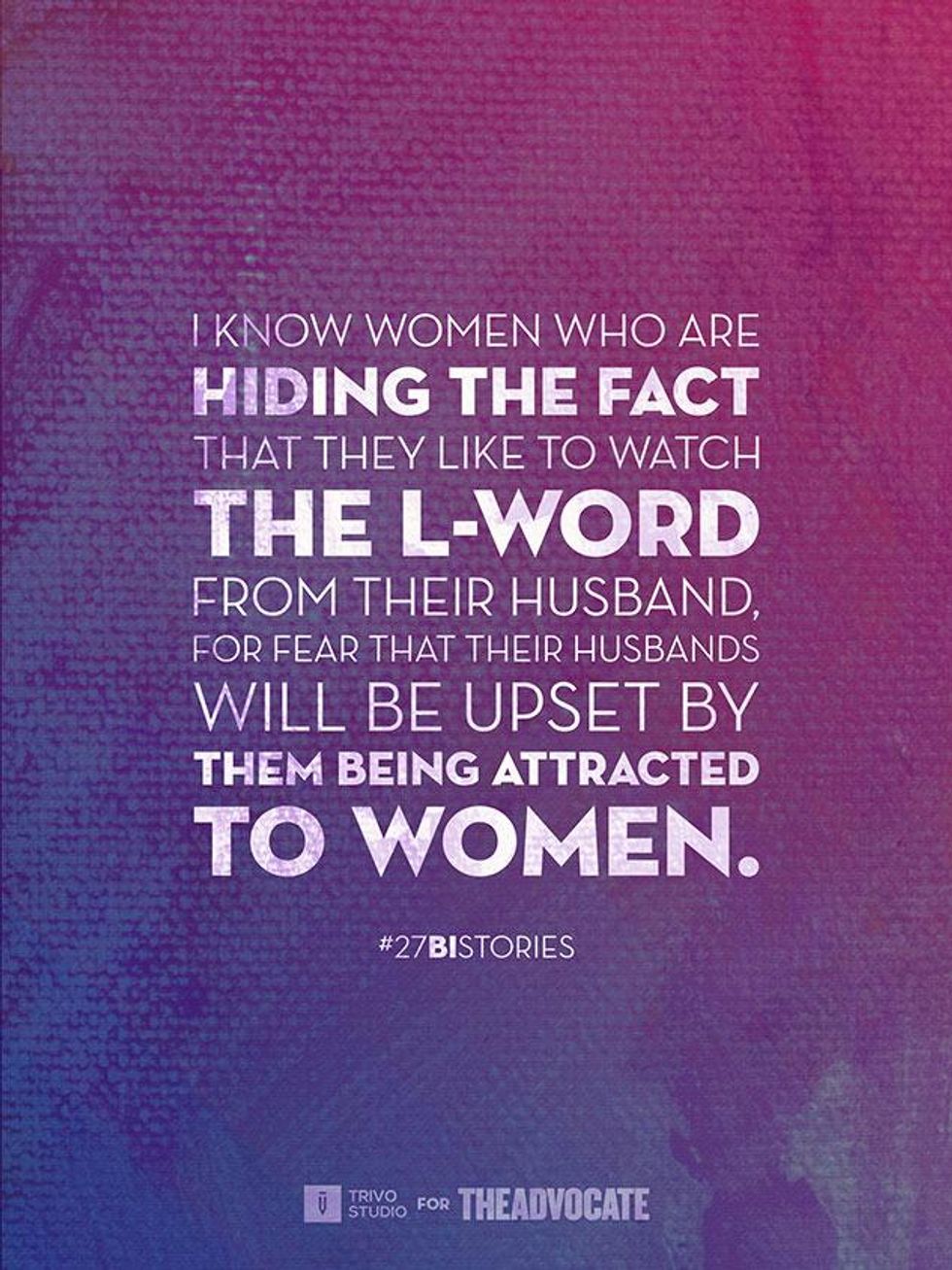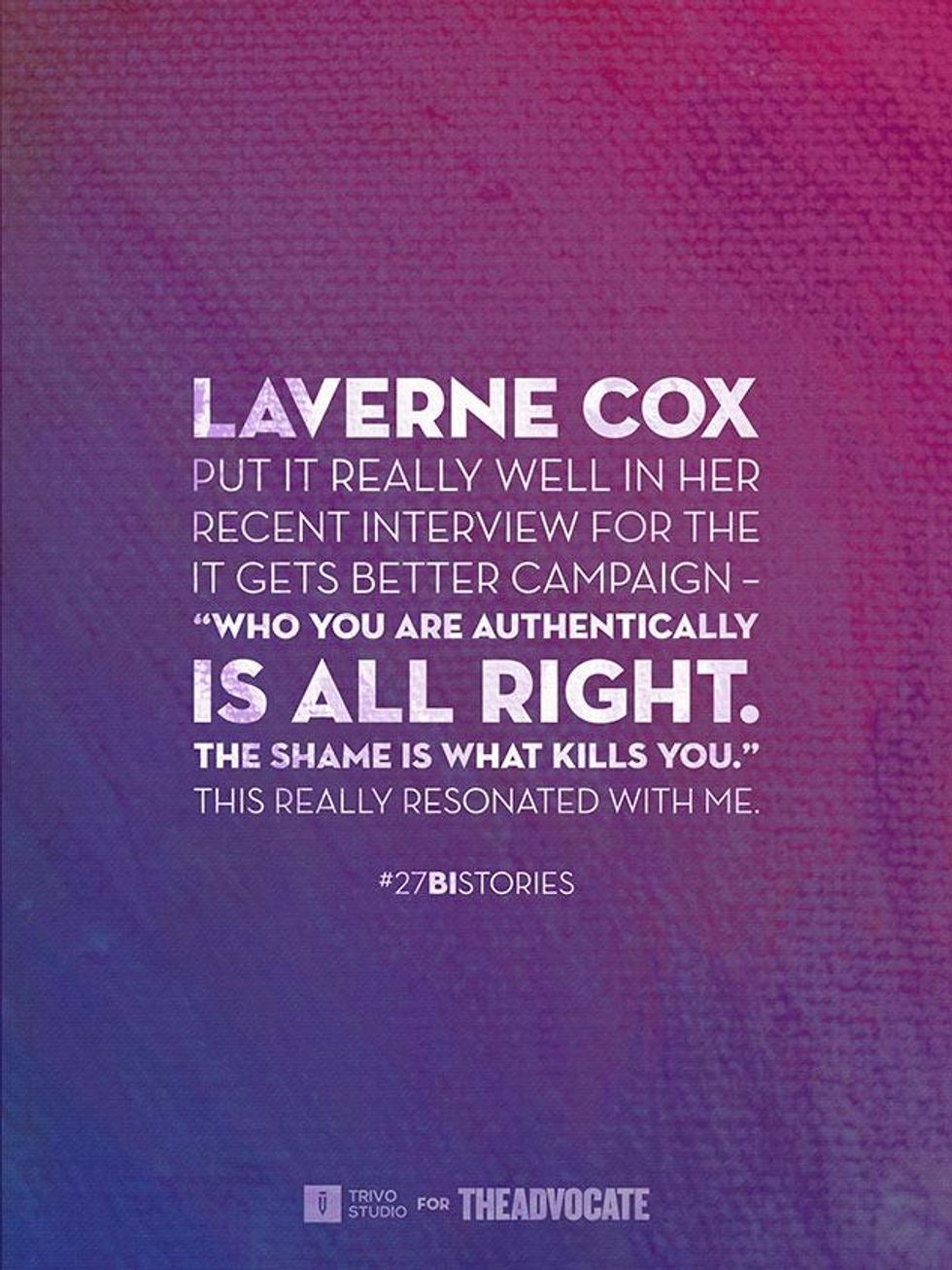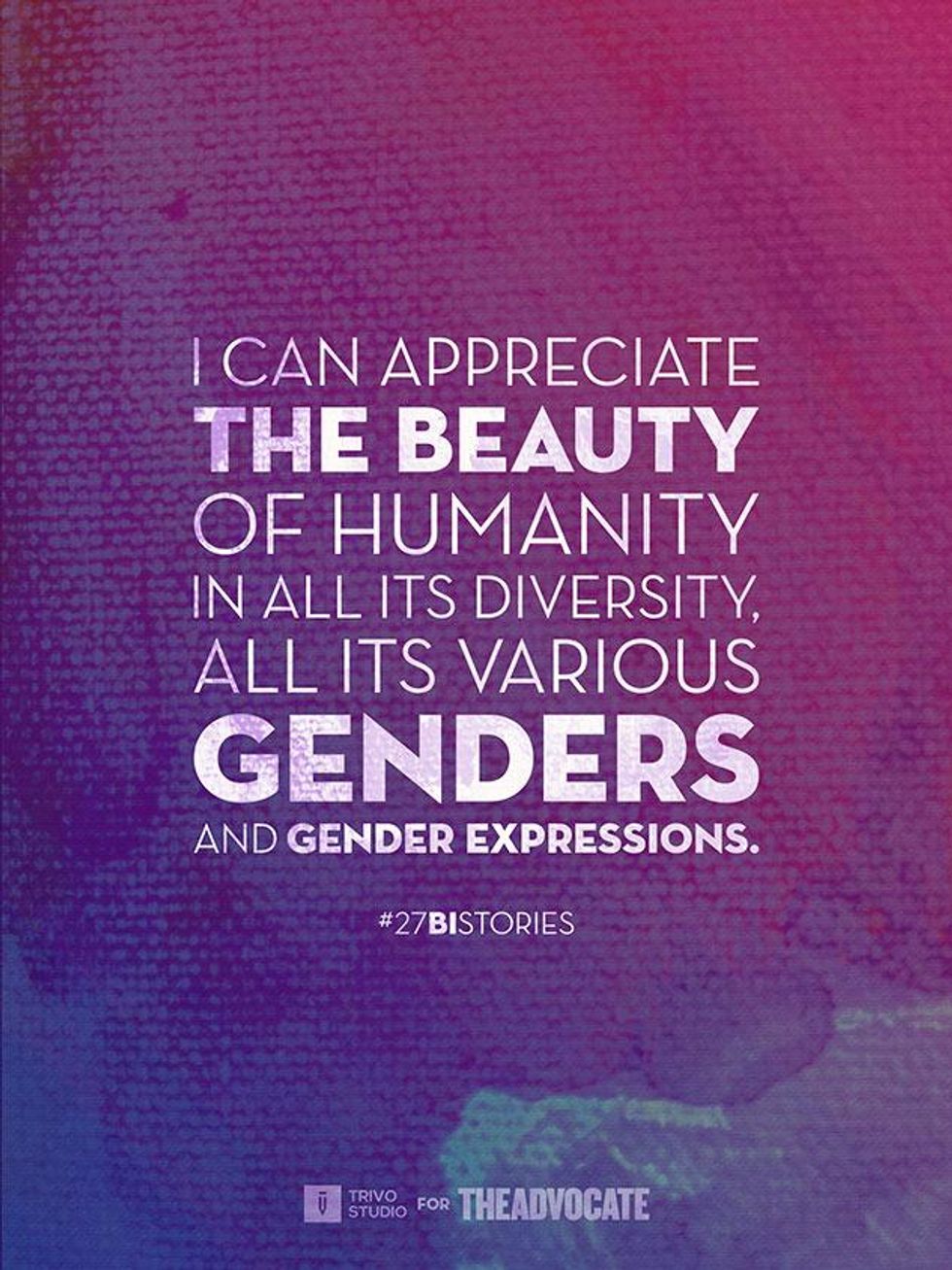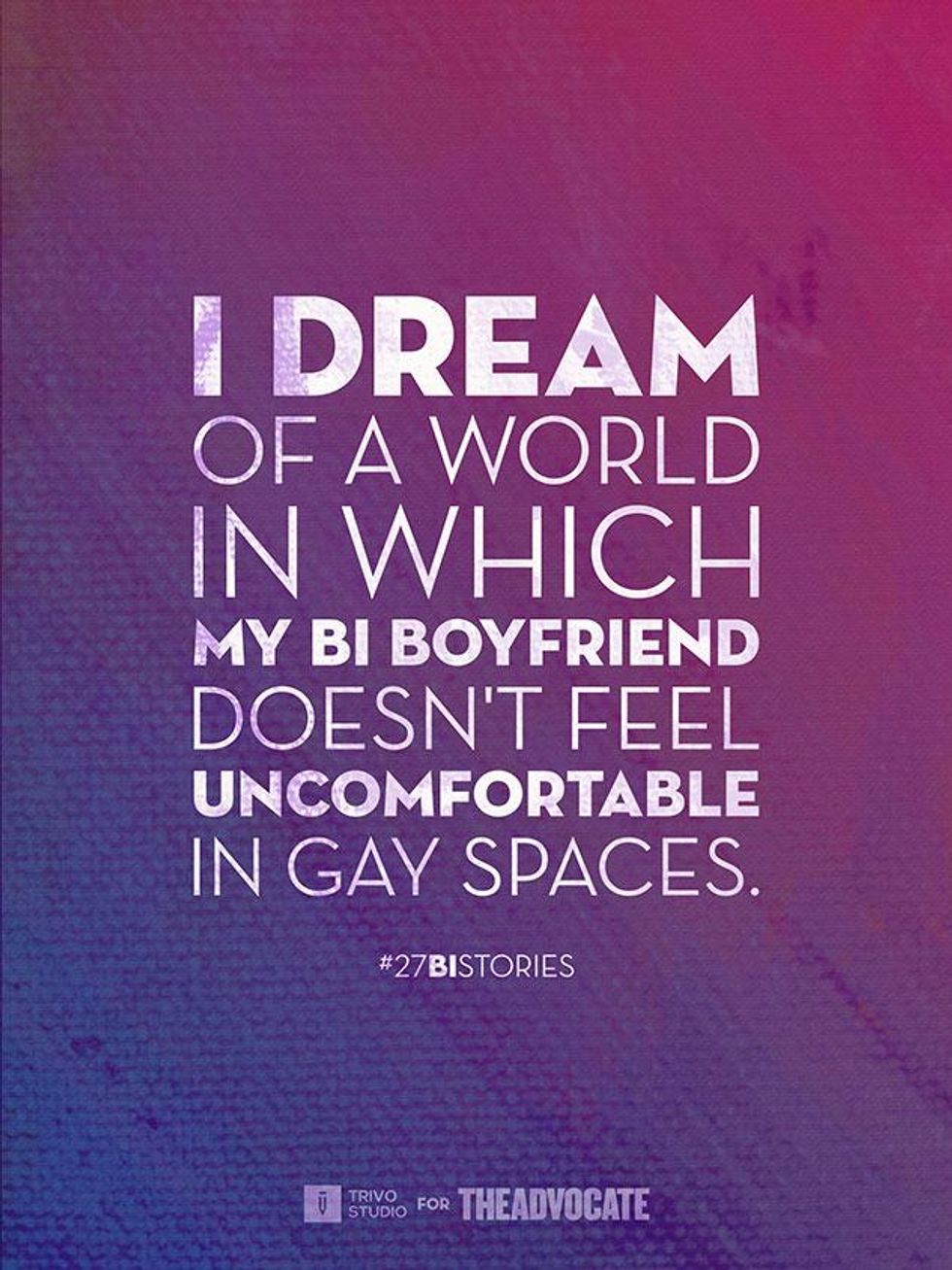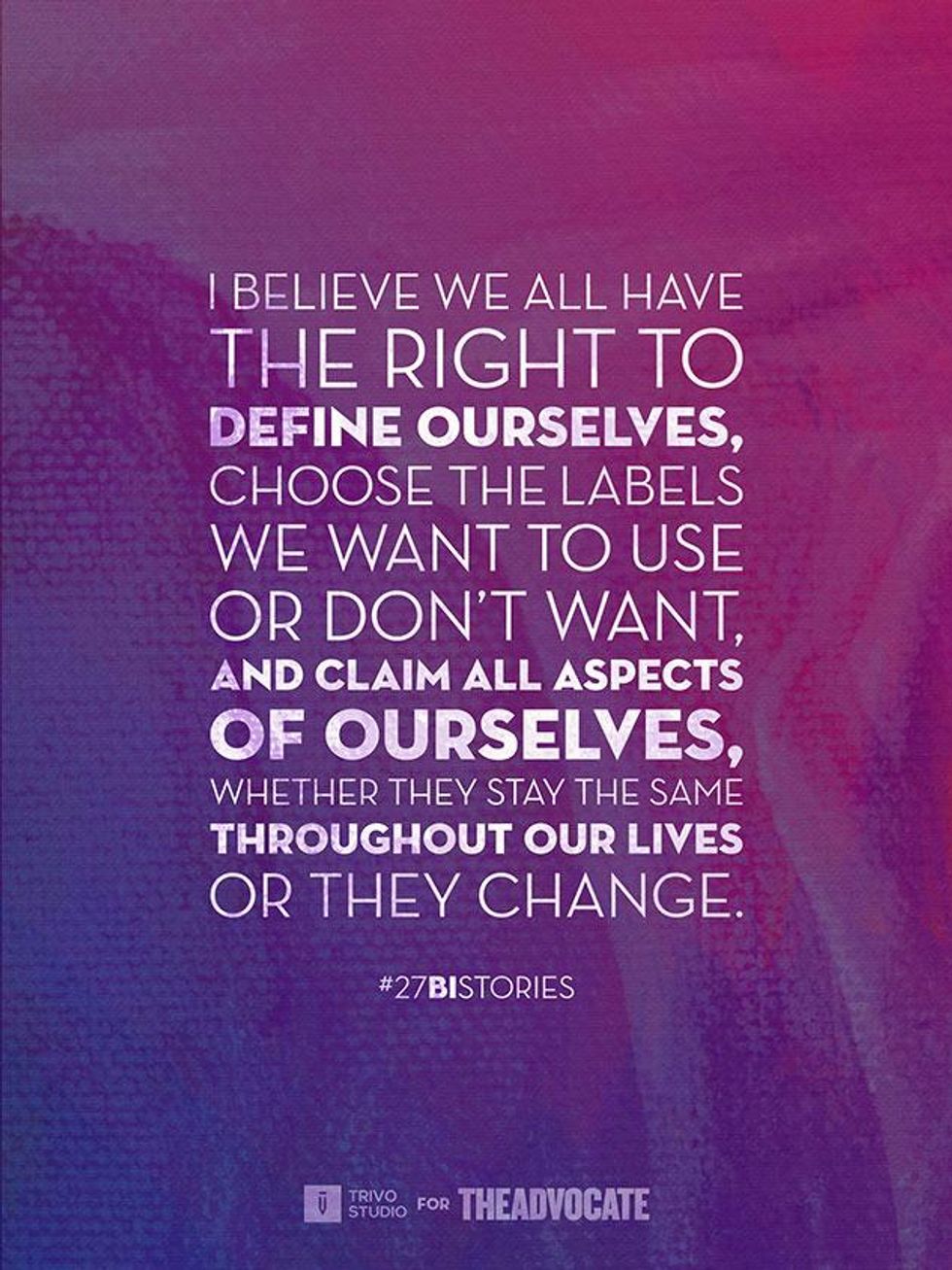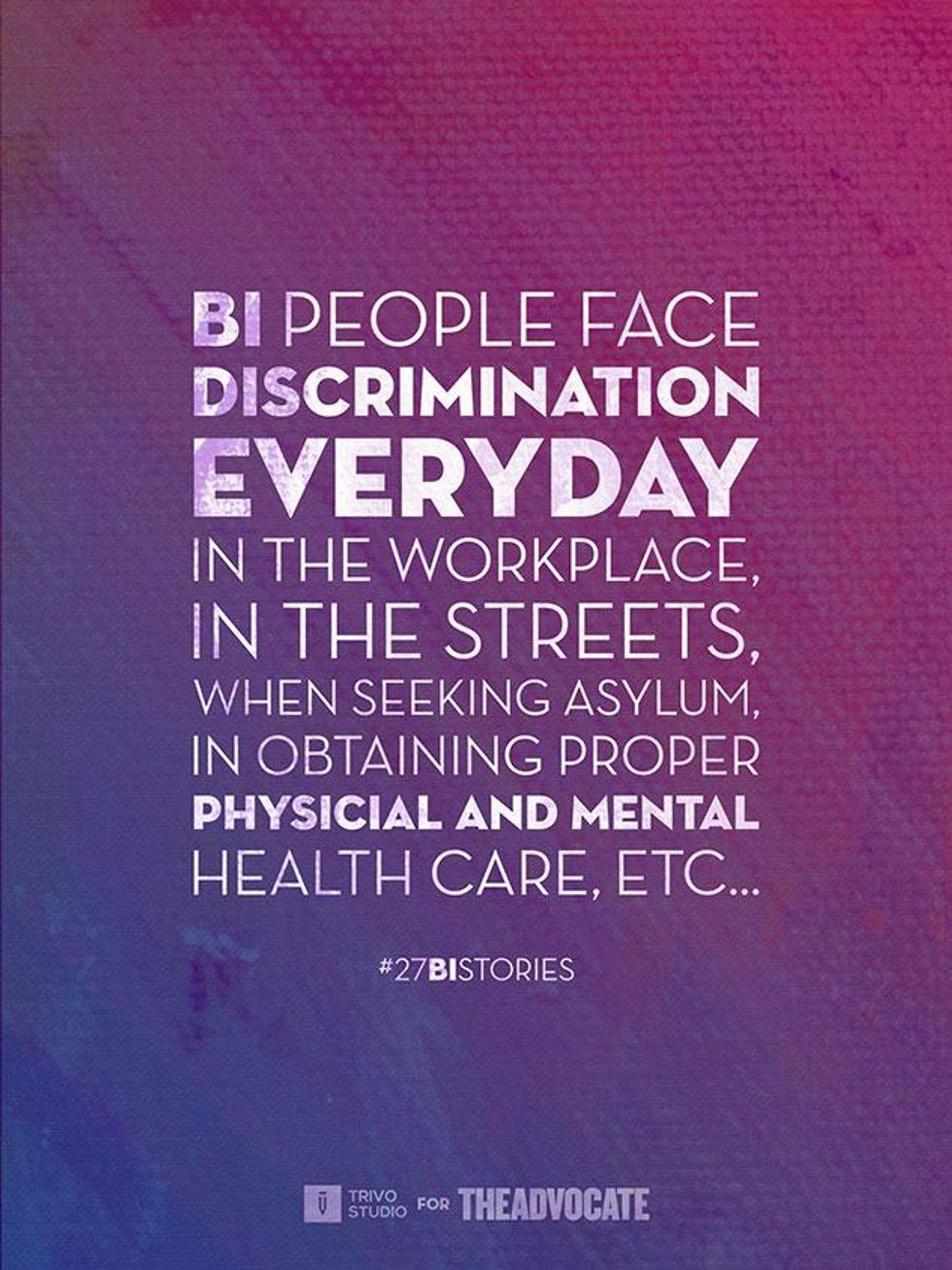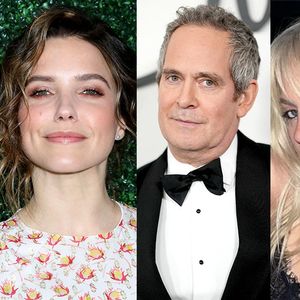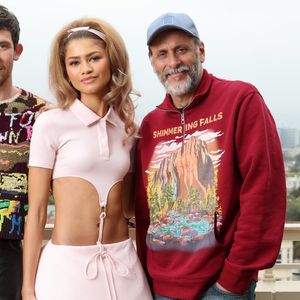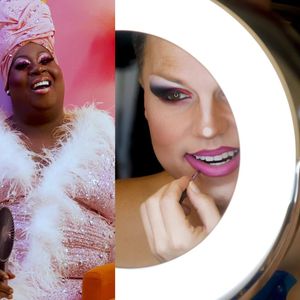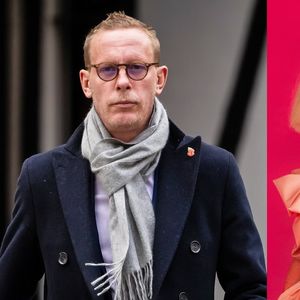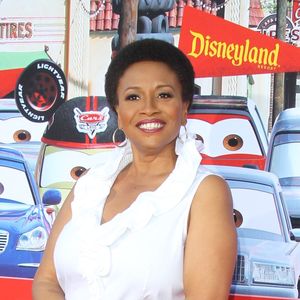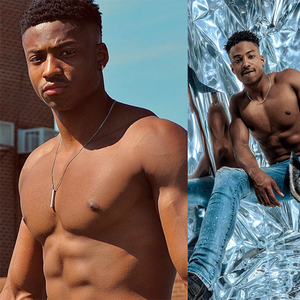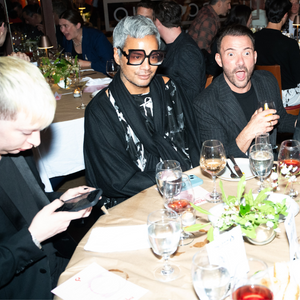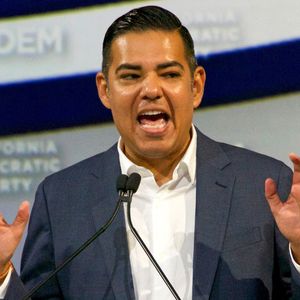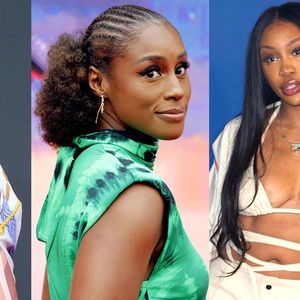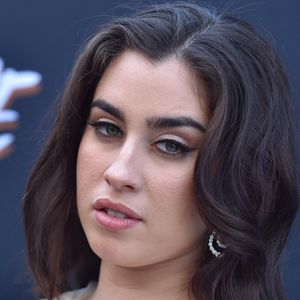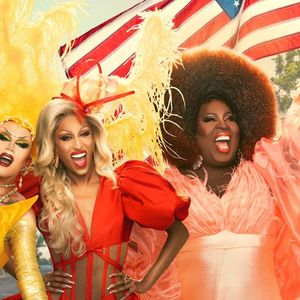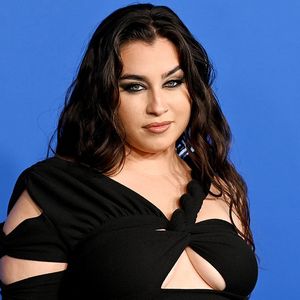
Actor and Broadway showman extraordinaire Alan Cumming has identified as bisexual for quite some time. Yet, after he married Grant Shafter, media outlets labeled him a "gay man." Cumming has had to correct time and time again individuals, mainstream media, and LGBT outlets that mislabel him -- and erase his bisexuality.
For many bisexuals, there's an added stress to being in a relationship: the need to keep coming out and then often explain their sexuality to new groups of people. Some bisexuals in opposite-gender relationships may feel alienated in queer spaces while those in same-gender relationships may feel defensive about whether their sexual orientation is being fully acknowledged.
#27BiStories features people in all types of relationships: polyamorous, monogamous, married, and coupled up but without a label, yet one thing is the same -- their bisexuality. So when a person is in a relationship of any kind, does their sexual orientation still matter? It certainly does.
This is #27BiStories.
 Is your sexual identity still important even though you're in a same- or different-gender relationship? If so, why?
Is your sexual identity still important even though you're in a same- or different-gender relationship? If so, why?April, 45, Iowa: My sexuality is always important. I feel very strongly that it's important I make sure I am always out! My relationship does not define my sexuality.
Jan, 51 & Hew, 45, California: Well, sure. I'm not dead. I'm still attracted to women. I'm a writer, and it comes out a lot in my writing. My husband and I are both bi activists -- he has hosted Berkeley BiFriendly, a bi conversational group, once a month for 20 years. I won a Lambda Literary Award for bi writing and have been published in Bi Women's Quarterly, Bi Magazine, Bi Tribune, The Fence, Anything That Moves, etc. Every year we march together in the Bay Area Bisexuals Network contingent of S.F. Pride. It's a huge part of who I am.
Nicole, 31, Washington: Identifying as queer/bisexual is important to me because it's just who I am. I can't wake up and stop being queer. It doesn't work that way. I woke up queer the day I met my husband. I woke up queer the day after we got engaged. I woke up queer the day we got married and every day after that. I'll go to bed tonight and wake up queer tomorrow, just like I'll go to bed tonight and wake up still married and still in love with a man who loves me for me, queer and all. Identifying as queer/bisexual is also important to me because there are still people who ask, "So you were just gay until graduation, right?" I've worked with people who feel it's OK to point at same-sex couples on the break room television and tell me how "gross" they think they are because they think I'm straight and won't mind. I still meet people who tell me bisexuals don't exist and it makes me crazy. Don't get me wrong, I struggle with self-imposed bi erasure like anyone else. Sometimes I'm silent when I shouldn't be. Sometimes I hesitate before I use proper pronouns to talk about my exes. Sometimes I worry about what people will think about my husband for marrying a girl who used to date girls. But that's why it's important to me that I identify as bisexual, because I know there are countless others out there dealing with the same thing and visibility is key.
Ted, 45, Colorado: My sexual identity is still extremely important to me. I have two primary partners who are female and I would very much like to have a boyfriend again. My attraction to men has not lessened, and both of my partners are 100 percent supportive of that. A bigger issue with me has been finding the time to meet quality guys. My schedule has been pretty rough for the last two years and I find myself in a position where I have to make time to date guys because it is so important to me. Although, I may start taking advantage of the local bath house soon, because I am fed up with the drought.
Elisa, 55, California: Yes. Bisexuals need to be out and visible. Too many people -- including ourselves sometimes -- leap to the conclusion that we're gay, lesbian, or straight, based on the perceived gender of our perceived partner.
Robyn, 55, Masachusetts: My sexual orientation is independent of my behavior at any particular moment of my life. I was bisexual from age 18 tp 23, when my bisexuality existed only in my own head. I was bisexual from 23 to 32, when I was mostly in a series of monogamous relationships. I was bisexual in my early-to-mid-30s, when I took a break from relationships and sex. And I am just as bisexual now, in my 17-year relationship with the woman with whom I just celebrated my 10th wedding anniversary.

Is your sexual identity still important even though you're in a same- or different-gender relationship? If so, why?
Christina, 41, California: My sexual identity is important in many ways. It is a part of who I am, and that did not change because I found one person that totally gets me and is my best friend and lover. When I hid my sexual identity I was not able to relate to my children and could have missed an important part of their lives. The fact that my son felt secure enough to tell us that he is attracted to men and women, and that he had no stress about it at all is amazing to me. There was no fear, no worry. He is beautifully confident and knows who he is. I am also showing my children that the idea that bisexual people cannot have monogamous relationships is not true at all, and that is important to me.
Melody, 32, Texas: Our sexual identities are definitely important to both of us. I can't speak too much for my partner, but we both just experience the world a bit differently than monosexuals. Very little that is sexual is taboo for us, so it is important to us to feel comfortable with our partner, with each other. You know, I have been an out bisexual since I was 18 years old, but I have yet to meet another completely out bi in real life. Most bisexuals I know find out I am bi and want to whisper about it behind closed doors with me. I can assure you that their sexual identities matter to them! Some haven't even come out to their own partners for fear of fighting the stigmas on their own!
I know women who are hiding the fact that they like to watch The L Word from their husbands for fear that their husbands will be upset by them being attracted to women. I know men who live their life as "gay" because it's easier than "bi." But they spend their time hiding their attraction to women. Their same- or opposite-sex relationships didn't change their sexual identities, and those identities are important enough to them to hide. To be clear, I don't fault my fellow bis. Being out as bi in central Texas is very hard -- even near Austin, since the gay community is still not very welcoming to bisexuals. My partner and I have just chosen each other so that we don't have to hide who we are all the time.
Gabriel, 34, Illinois: Yes, very much so. My sexual identity is a part of me just like my sense of humor, my body type, my personality, and every other piece. Denying or ignoring part of who I am limits how I can engage in the world. It would be like trying to speak without using the letter S. You could do it, but your vocabulary would be stunted. Why handicap yourself like that? It can only lead to frustration.
Sure, being out can have its frustrating moments, but I feel losing my identity to my relationship composition means I'm going to be frustrated in my own head about it. Being out and owning it releases that frustration. Then it's just outside opinion, which I'm free to ignore as I choose or counter with all the positive outside opinion I'm also surrounded with.
Colleen, 58, Canada: I am with two partners, one male, one female, and our ultimate goal is to cohabit in one residence. I can, however, see how it would be very difficult to maintain an "out" bisexual orientation if one is with only one partner, or none, as in that case, assumptions take over. I recently attended WorldPride Toronto, and on the back of my WorldPride T-shirt, I used iron-on lettering to add "Assume Nothing." My two partners were with me on the final weekend, and wherever we went, I proudly pointed out to people that the three of us were together. My sexuality is very important, and I am in the beginning stages of starting a bisexual support group where I live, because we don't currently have one.
Zefi, 23, Greece: It is very important because it seems like something I gained for myself, a realization and an acceptance I have gained after thinking and trying and working with myself. So yes, it is important even though I am in an opposite-sex relationship, and it always will be important.

Is your sexual identity still important even though you're in a same- or different-gender relationship? If so, why?
Leah, 22, Colorado: It's still important to me, even though I am in a relationship with a guy. I want to know that people understand what it is to be a bisexual and for there to be realistic representation in the media. I want there to be equality on all fronts and for it not to be taboo to be a bisexual.
Dave, 27, Scotland: Yes. Society is still wired, although things are changing, albeit slowly, to assume that everyone is straight unless confirmed otherwise. The problem with being bi is that coming out will be a continual process. My wife is straight, and a woman -- my appearance to the outside world is that we are a straight couple. When someone makes a derogatory comment about the LGBT community, it gets my back up, as I just don't like people who are assholes, but principally I don't believe that people should be allowed to be mocked or seen as lesser for being who they are.
With this in mind I am just tired of lying by omission -- I've been called "the gayest straight guy I know" more times than I know, and while maybe I verge on the campier side of life at times. I don't like to "pretend" I'm straight. The way I see it, when people and society give you a reason to believe that being you is wrong, unnatural, and something to be ashamed of, it's really damaging. I know it's affected my confidence. Laverne Cox put it really well in her recent interview for the It Gets Better campaign: "Who you are authentically is all right. The shame is what kills you." This really resonated with me.
Evan, 40, California: Of course it is. I find the "why" component to this question a little offensive (though I know it isn't the intent). Would we ask a straight or gay person in a relationship if their identity were still important to them? I am bisexual. It is important that we all recognize and respect each other's identities regardless of our relationship status. Married, dating, or single I will always be bisexual and will always be concerned with promoting both bisexual and general LGBTQ+ issues.
Beth, 42, Minnesota: You bet it's important! It's important because I believe we all have the right to define ourselves, choose the labels we want to use or don't want, and claim all aspects of ourselves, whether they stay the same throughout our lives or they change. It's also important because I've never identified as a lesbian. That's a perfectly fine label for those who claim it, but it's not mine. Moreover, the bisexual community was one of the first communities I felt I truly belonged to as a young adult. I have many bi friends, and I've learned a lot by getting to know bi activists who focus on social justice and intersectional progressive politics.
Ultimately, to say I'm bisexual is to say that gender is not part of the equation when it comes to whom I'm attracted to. And it also means I can appreciate the beauty of humanity in all its diversity, all its various genders and gender expressions. Not to mention that my bi partner and I can talk about who we think is hot in a TV show or a movie, and gender is irrelevant to the discussion for both of us!

Jake, 26, Washington, D.C.: I struggled for about six years during junior high and most of high school to accept who I am. Once I realized and accepted I truly am bisexual, it took another five years until I even told someone, and then another four years until I fully went public with my identity. I consider it a blessing to have somehow discovered the term "bisexual" very early on so I was able to discover who I am perhaps quicker than I would've had I not known about the term "bisexual."
It took me basically 14 years from the moment I realized I was something other than heterosexual until I was completely ready to reveal myself as bisexual. That is more than half of my life. I don't want another teenager (or anyone else for that matter) be forced to hide their sexual or gender identity as long as I did. I know it had damaging effects on me, specifically with my OCD (especially concerning appearances and reputation), periods of mild depression, and episodes of anxiety I experience occasionally. I don't want to others to suffer as I have and still do some days. I especially want others to know they don't have to conform to society's usual standards of black/white, this/that, straight/gay, etc.
I have been mocked for being bisexual, especially by gay men, and I don't want others to feel ashamed for not conforming to someone else's ideas of who they should be. I know I like men and women, and I'm no longer going to apologize for or hide that fact. I'm not saying I still don't always correct people when they assume I'm something else (usually gay, occasionally heterosexual), but I'm not going to be steamrolled into a label/group I don't belong to.
And despite all of this, I'll admit that even as recently as my senior year of university I was quite transphobic, not understanding what being trans truly was all about. So even while I felt I had to hide my own identity as bisexual, my thoughts at the time (even if they were not often stated) forced trans persons to do the same. I am still ashamed of this fact, and I suppose I'm trying to make up for lost time by no longer hiding that I'm bisexual and calling for others to use whatever labels they want for their gender and sexuality (thanks, Kate Bornstein!) because such things are much more fluid and varied than most people think.

Is your sexual identity still important even though you're in a same- or different-gender relationship? If so, Why?Lucy, 46, Georgia: Yes! I believe who we are is important to us all and we all need the feeling of belonging to and being a part of a community. But for someone who identifies as bi/fluid, it's tough because we don't really fit in anywhere. And yet bi people face discrimination every day in the workplace, in the streets, when seeking asylum, in obtaining proper physicial and mental health care, etc. It's important to me to continue fighting for the liberation of us all and as long as sexual identity is used as the basis for discrimination, it's important to remain visible and vocal.
A.J. , 29, Arizona: Absolutely. My bisexual identity is one of the most important aspects to me. I have always been active in social causes, but once I came out as bisexual and became more and more involved in the bi community, I have found that I have become even more comfortable in my own skin. I am most uncomfortable in situations where I don't think it would be considered appropriate to come out -- situations in which I am positive I am being misidentified as straight. I love that I have the capacity to love across lines of gender and sex. I love connecting with others who have the same capacity. I stand up for my bisexuality so others can do the same. If someone else's coming out experience can be a little easier because I am out and proud, then that is what I aim to do.
Bill, 45, New York: Very much so. I am a bisexual man and I enjoy the fact that I experience the world a bit differently from most. I am happily married but I haven't turned off my attraction to men. I think it is important to be able to accept yourself as you are, and as long as you aren't hurting people, I think it is reasonable to expect that others can accept you as you are. I feel like I am in a good place with my bisexuality, and since there are so many people who struggle with it, I like to show people that they can be happy with their bisexuality.

Laura, 48, Netherlands: It's not "still" important. It's just as important to me as to a straight or a full-blown gay. It doesn't determine me, it just determines who I can fall in love with, who I can feel attracted to and with whom I would like to have relationships. I am still bisexual, yes, as stated earlier, that will never end.
Sarah, 57, Oregon: It is more important to me now than it has ever been. I worked hard to fight my internal biphobia. No matter who I am with, I am bisexual. My attractions to different genders does not change with who I am with.
Levi, 23, Washington, D.C.: It definietly is. I hear people talking shit about bi people all the time (I have several more stories). And it makes me mad at the language they use. Because it's rooted in ignorance, you can only fight it with education. I dream of a world in which my bi boyfriend doesn't feel uncomfortable in gay spaces.

Is your sexual identity still important even though you're in a same or different gender relationship? If so, why?
Brian, 45, Nebraska: Actually, in many ways my sexual identity is more important to me now that it ever was before coming out. While I was in the closet with my bisexuality I did a lot to repress my sexuality in general for fear that it would expose me as not being straight. Now that I am out but in a long-term (formerly monogamous for 19 years) marriage with a woman, I want people to know that my bisexuality is a big part of who I am, who I've been and who I will continue to be. Just because I am married to a woman does not change that I am a bisexual male. My sexuality is not defined by the person I am with, it is defined by who I am attracted to. For far too long I allowed others to define me, not something I wish to ever have done to me again.
James, 32, New Jersey: As my sexual identity is different from my sexual activity or my relationships, it is and always will be important. Additionally for me, being Bi means more than just who I am attracted to, it also means that I see the world from a particular place. A place without borders or little categories. Gay, straight, white, black, male, female. cock, pussy, these things don't matter. Are you a good person, a kind person, a funny person? Those things matter.
Calvin, 30, North Carolina: Always. Who you are is always a part of yourself. It isn't about what you do, or what you're doing in that moment, being bisexual is a recognition of a part of yourself. To pretend otherwise, to your society or your partner or yourself, may be convenient at times but ultimately is a form of self-harm. It is something you repeatedly put yourself down for, if you don't accept it fully. And you cannot fully accept something about yourself without it remaining entirely relevant.
Heather, 29, North Carolina: My sexuality is always important to me. Regardless of being mono or poly, being in a hetero or homo relationship, I constantly struggle to be visible. I fight against bi erasure as much as I'm able, but it seems like a never-ending uphill slope. I'm tired of being erased completely from queer communities and conversations. It's important to me because it's not important to anyone else.
Denise, 43, New Jersey: Absolutely! My husband and I met in a local bi group. Most of our friends are bisexual, and we administer the BiActivist group on Facebook, and I was one of the 33 bisexuals who were invited to the historic White House Bisexual Roundtable. Our car has a bi flag sticker on it (which we are happy to explain to anyone who asks). I started the first "safe space" program at my institution. We are committed to the larger LGBT community but I am especially committed to the outsiders within that group -- non-monosexuals and transgender individuals. Maybe it is because, individually people assume both my husband and I are homosexual. When we are together, it is difficult to convince people we are married and bisexual and poly and happy. As to why it is important. .. no one would ask a woman why being a woman is important to her. It is because it is who I am. The very thing that allows me to experience my sexuality as fluid, allows me to see that nothing in the world is dichotomous. There are shades of grey everywhere. Bisexuality is who I am, not what I do. It is the lens through which I see the world. I don't have to explain that to my husband. He gets it.
